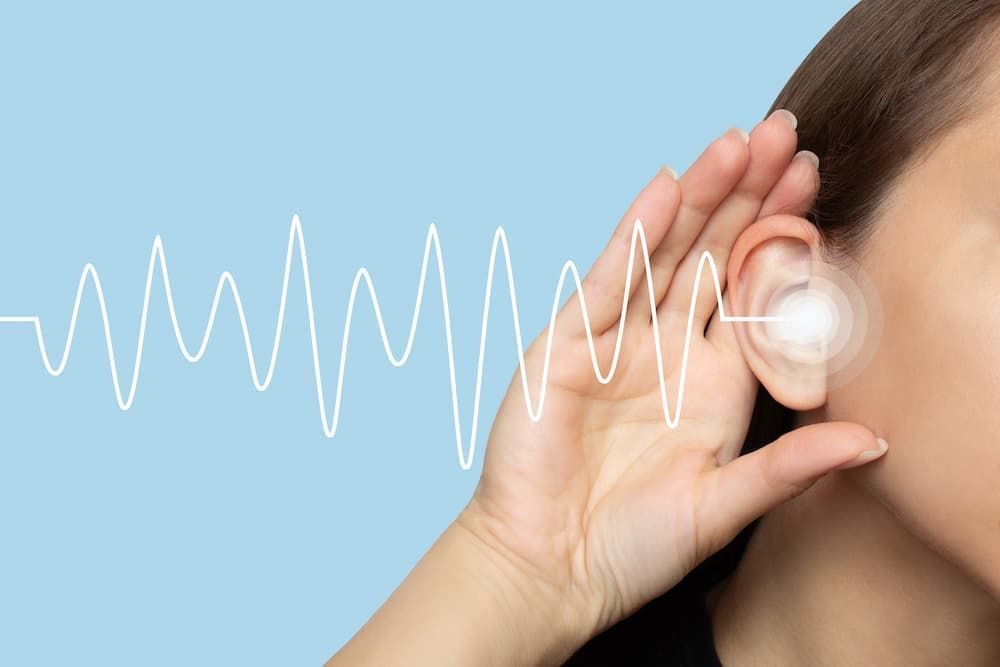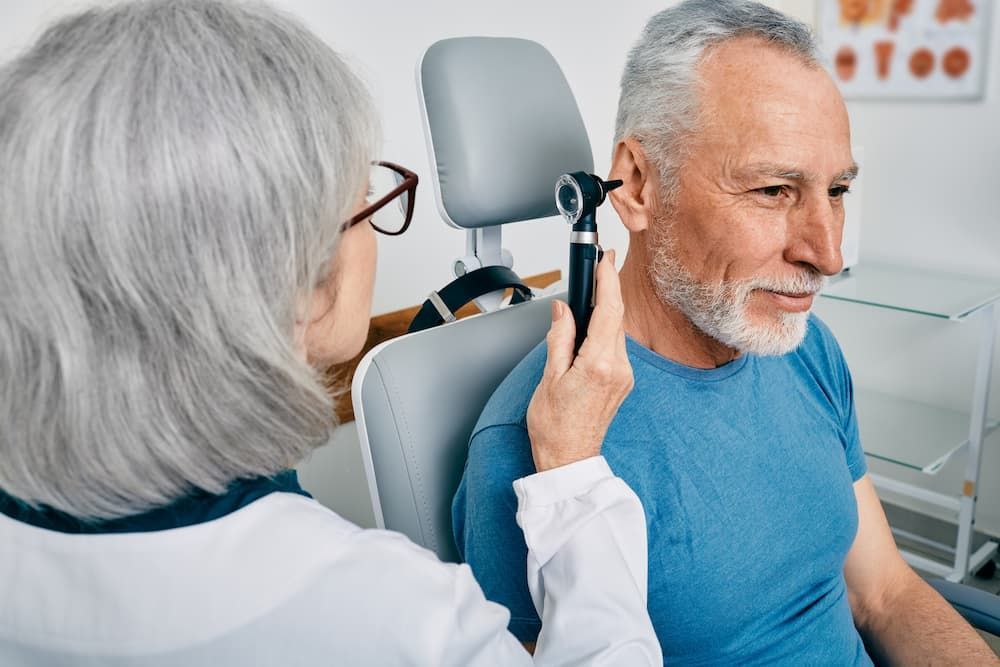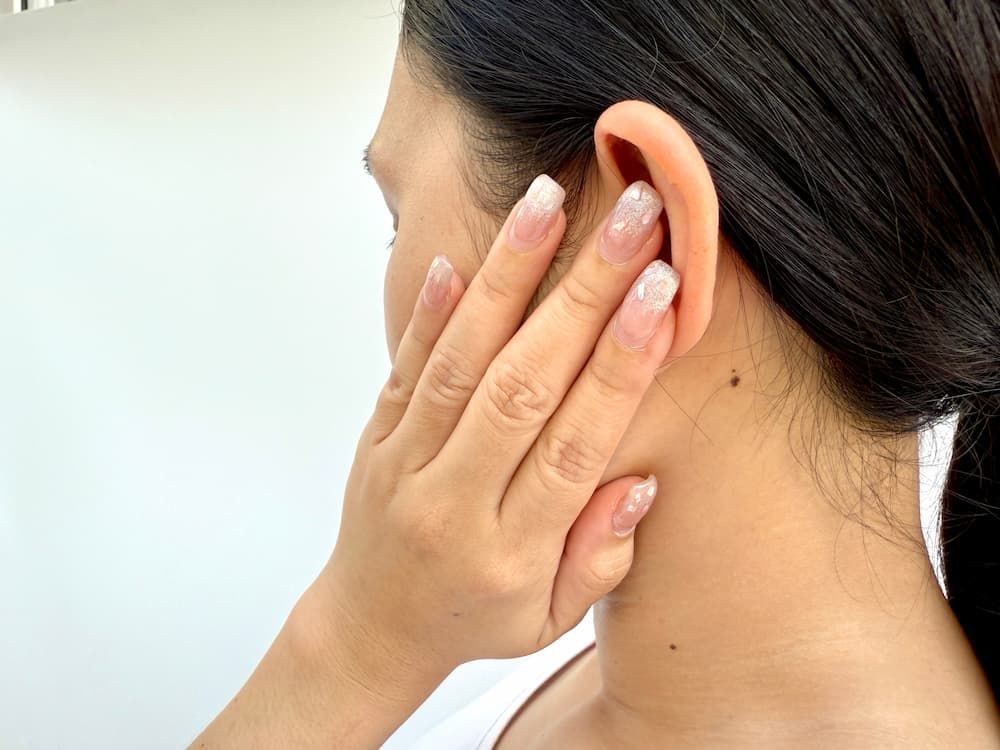What Is Misophonia? Causes, Symptoms & Treatment

We all have certain preferences and aversions for sensory input, including sounds. Yet for some of us, those aversions can be practically debilitating. If a given sound sensitivity triggers such negative reactions that it starts limiting your or a loved one's quality of life, it may be a condition known as misophonia.
Fortunately, advances in audiology have made the detection and treatment of misophonia available to the general public. Even better, treatment for misophonia is often as simple as booking an appointment and discussing your concerns with a qualified hearing professional.
What Is Misophonia?
Misophonia is a condition in which aural stimuli cause usually strong, sometimes overwhelming, emotions and physical reactions. Physical symptoms of misophonia, if present, can manifest as autonomic bodily processes or reactive behaviors. Treatment for misophonia depends on the strength and extent of its symptoms, but even more severe cases can be managed effectively under the care of a trained and experienced clinician.
While estimates vary, misophonia's marked decrease in sound tolerance is more common in women and may affect one in five people over their lives.
Symptoms and Causes of Misophonia
Misphonia symptoms often begin as certain unwanted emotions, most commonly:
- Anxiety
- Anger
- Fear
- Annoyance/irritation
- Frustration
For those with misophonia, these emotions are often much more pronounced than for their peers, who feel the same sound/stimulus is only mildly unpleasant (or even pay it no mind). On the contrary, misophonia can become very disruptive to normal daily activity, limiting one's ability to freely engage in certain activities. Those with misophonia usually learn to avoid triggering sounds, and all that's associated with it.
Left untreated, misophonia can lead to physical symptoms, ranging from reduced self-control to physical reactions, including:
- Sweating
- Goosebumps
- Increased heart rate or blood pressure
- A feeling of tightness or pressure in the chest
- Angry outbursts (both physical or verbal)
Note that the physical symptoms of misophonia are akin to certain self-protection (aka "fight or flight") instincts the body induces when it senses danger. Just as the emotional symptoms listed above may give rise to autonomic physical processes, the latter sometimes leads to increased behavioral tendencies, ranging anywhere from aversive to violent behaviors.
Diagnosis and Tests
Even if the worst physical symptoms don't manifest, failure to process or prevent the main underlying factors behind misophonia can lead to chronic stress, as well as reduced immunity and life satisfaction.
The first step is to receive a professional diagnosis and determine just how pronounced an individual's symptoms are. An audiologist will provide a series of tests to determine which type of sound frequencies the patient has developed a heightened sensitivity to. We will take your concerns to heart as we compare the test results with the personal background that led up to the onset of misophonia.
Management and Treatment
Just as the symptoms of misophonia are highly individuated, so too is the treatment. With a formal diagnosis, your audiologist can then prescribe a custom-curated list of coping skills and formal therapies to prevent misophonia from controlling your life. Doing so can help anyone take control of their reactive symptoms, whether experienced as marked annoyance and frustration on through to difficulty with felt, palpable impulse control.
All the more, professional treatment can render once-debilitating sound triggers into an afterthought, with little to no effect on their psyche or body.
When to Seek Help from Your Healthcare Provider
If certain sound sensitivities are growing out of control, you could benefit tremendously from a short appointment at our clinic. Our audiology experts will listen to the specific causes and backstory behind your experience with misophonia and conduct a few simple tests to determine what physical and "psychoacoustic" (the psychological aspect of hearing) phenomena may be contributing to your particular symptoms.
We'll then be well on our way to crafting an individualized treatment plan to help you manage overwhelming sound sensitivities in your life. Contact us to request an appointment, and stop misophonia from controlling your life.
Image Source: New Africa/Shutterstock










